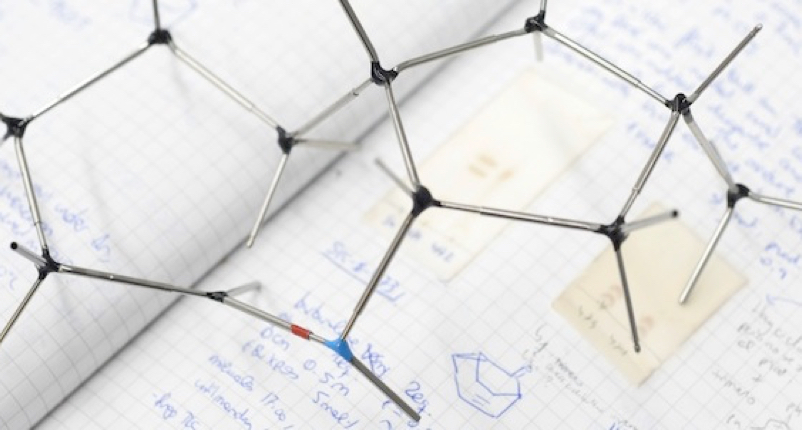Alkaline-mediated mesoporous mordenite zeolites for acid-catalyzed conversions
The preparation of mesoporous mordenite zeolite and its subsequent application in the liquid-phase alkylation of benzene with ethylene is discussed. Mesoporous mordenite was obtained by controlled silicon extraction on alkaline treatment of successfully synthesized high-silica mordenite zeolites with molar Si/Al ratios in the range of 20-30. Besides substantial mesoporosity development, the combined microporous and mesoporous zeolites show preserved Brønsted acidic properties, which are highly attractive when acid-catalyzed reactions are targeted. Catalytic testing of the mesoporous mordenite found superior performance in benzene alkylation due to the unique interplay between improved physical transport in the shortened micropores and the preserved high density of acid sites.

J. C. Groen, T. Sano, J. A. Moulijn, J. Pérez-Ramírez
J. Catal. 2007, 251, 21-27
DOI:
Go to the journal

Let's create a brighter future
Join our team to work with renowned researchers, tackle groundbreaking
projects and contribute to meaningful scientific advancements


















